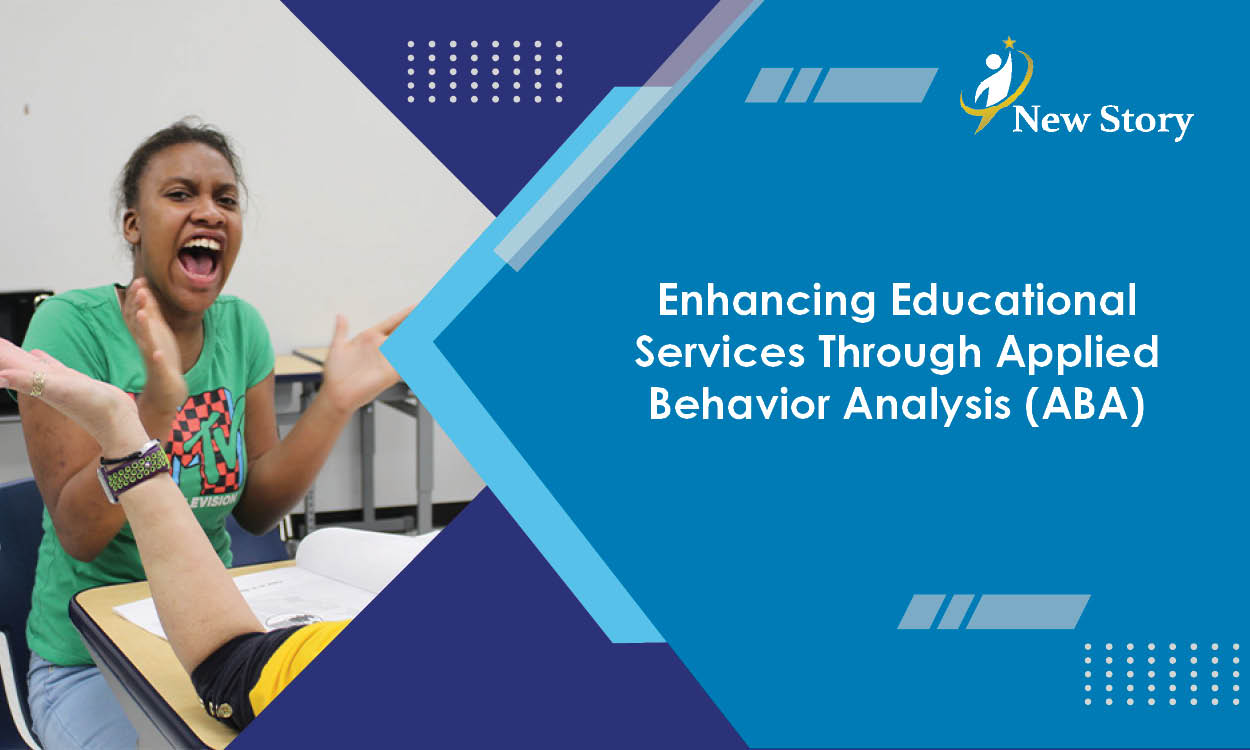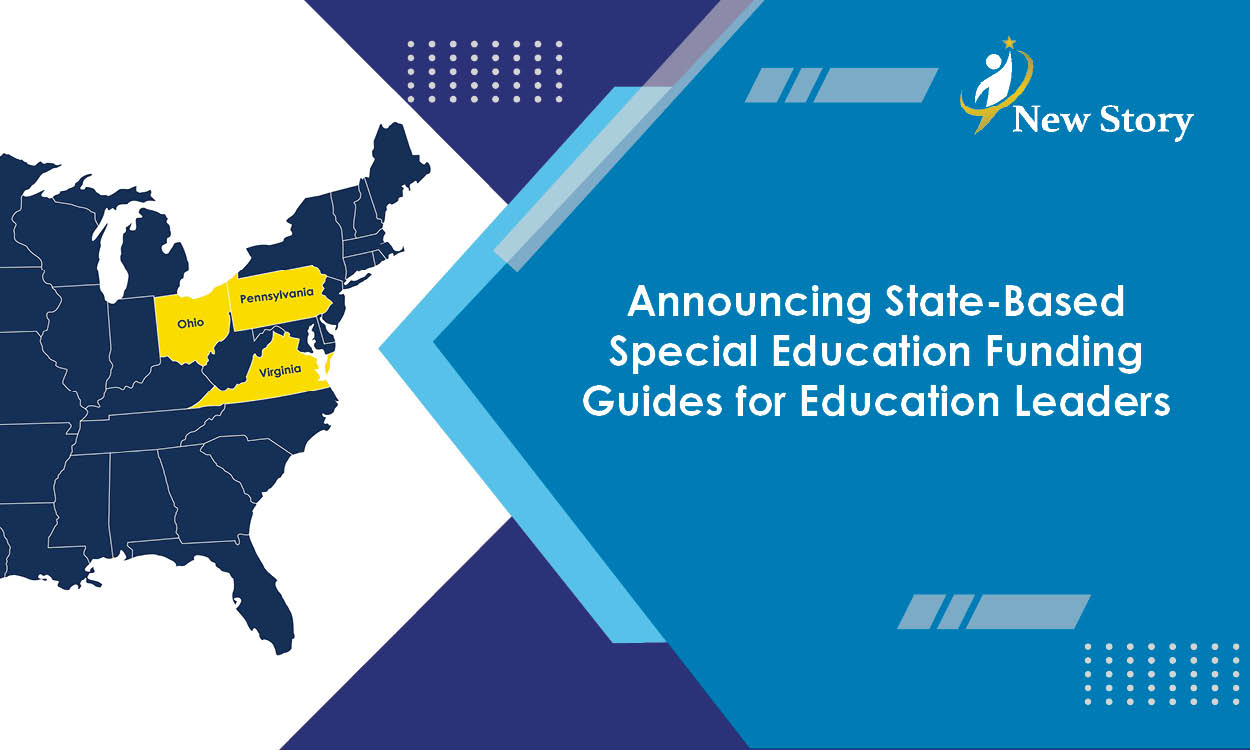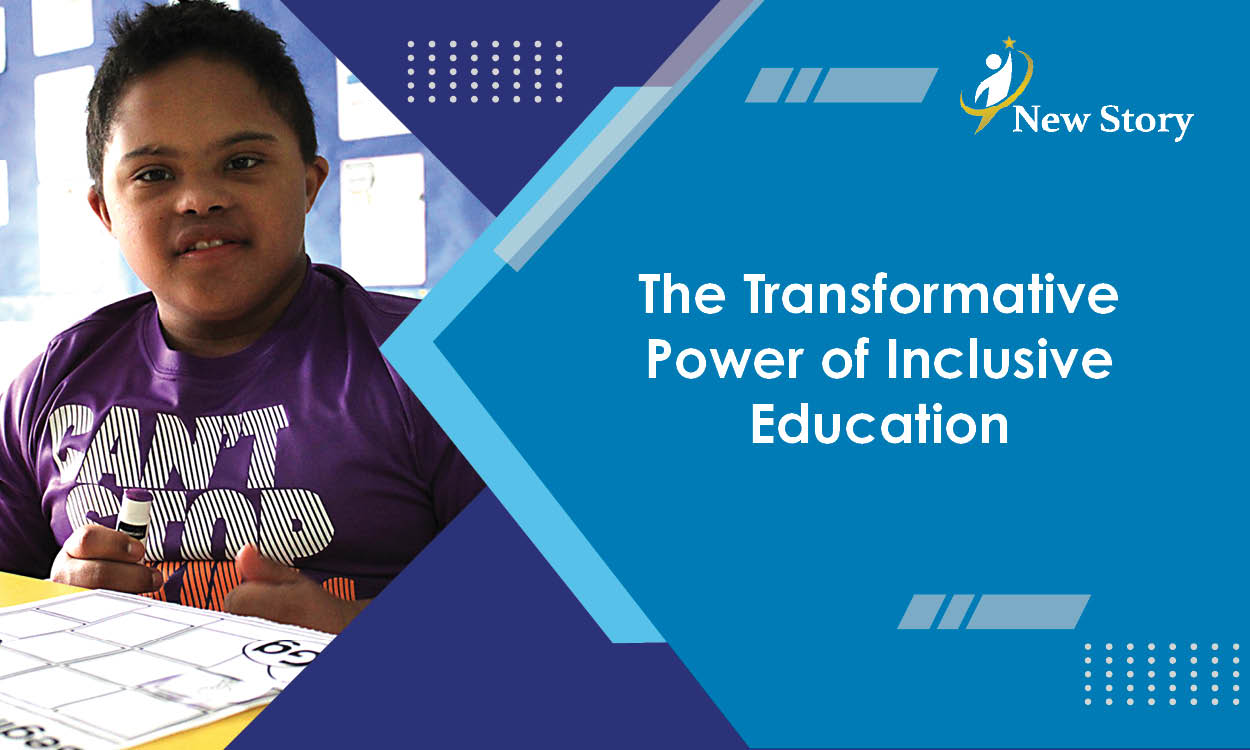Enhancing Educational Services Through Applied Behavior Analysis (ABA)
Posted: September 19, 2024 | Written By: Melanie Kells| Category: Autism Support

Applied Behavior Analysis (ABA) is a scientific approach rooted in the principles of learning and behavior. Within educational settings, ABA is a powerful tool used to assess and address a variety of behaviors, teach new skills, and reduce unwanted behaviors. This method focuses on identifying the antecedents and consequences of behaviors, implementing evidence-based interventions, and crafting individualized behavior intervention plans (BIPs) to foster positive outcomes for students with diverse needs.
Principles & Applications of ABA in Educational Settings
Skills assessment is a systematic evaluation of an individual's abilities, strengths, and areas needing improvement across various domains such as academic, social, communication, and adaptive skills. In educational settings, these assessments are vital for identifying students' current skill levels, setting appropriate goals, and designing targeted interventions. By understanding where a student excels and where they need support, educators can tailor their approaches to support each student's development and progress effectively.
General support strategies in educational settings encompass a variety of proactive and preventative approaches aimed at supporting the overall well-being and success of students. These strategies include creating a positive school culture, implementing school-wide positive behavior support systems, and engaging in regular data collection to monitor student progress. These measures ensure that all students receive the support they need to thrive academically and socially.
Environmental assessment involves evaluating the physical, social, and instructional environments within educational settings to identify factors that may influence behavior and learning outcomes. This process includes assessing classroom arrangements, teaching materials, sensory stimuli, social interactions, and other environmental variables. By creating optimal learning environments, educators can enhance student engagement, participation, and success.
Enhanced staffing refers to the provision of additional support personnel, such as behavior specialists, paraprofessionals, or therapists, who work collaboratively with educators and other school personnel. These professionals provide one-on-one support, small group instruction, or specialized interventions to address the diverse needs of students. Enhanced staffing ensures that students receive the individualized attention and support necessary for their success and inclusion within the educational environment.
Behavior support in educational settings involves implementing strategies and interventions to promote positive behaviors, reduce challenging behaviors, and improve overall behavior management. This includes teaching replacement behaviors, using reinforcement strategies, utilizing visual supports, and developing behavior intervention plans (BIPs) in collaboration with stakeholders. Effective behavior support helps create a conducive learning environment where all students can succeed.
Clarifying Roles & Expectations for Stakeholders
Board Certified Behavior Analyst (BCBA)
- Behavior Management: Develop and implement strategies to manage student behavior effectively.
- Replacement Behaviors: Teach appropriate replacement behaviors to students.
- Communication: Maintain regular communication with the educational team.
- Staff Training: Provide training and professional development for school staff.
Educators
- Curriculum: Design and deliver curriculum that meets the needs of all students.
- Classroom Management: Implement effective classroom management strategies.
- Team Communication: Work collaboratively with the educational team.
- Related Services: Integrate related services into the classroom environment.
Parents
- Interventions: Apply ABA interventions outside of school.
- Communication: Maintain open lines of communication with the educational team.
- Information Sharing: Provide critical information about the student's behavior and progress.
Applied Behavior Analysis (ABA) plays a crucial role in enhancing educational services by providing a structured, evidence-based approach to behavior management and skill development. By focusing on individual assessments, environmental adjustments, and collaborative support strategies, ABA helps create an inclusive and effective learning environment. Clarifying the roles and expectations of all stakeholders ensures that students receive the comprehensive support they need to succeed academically and socially.
Learn more about our ABA therapy programs.










